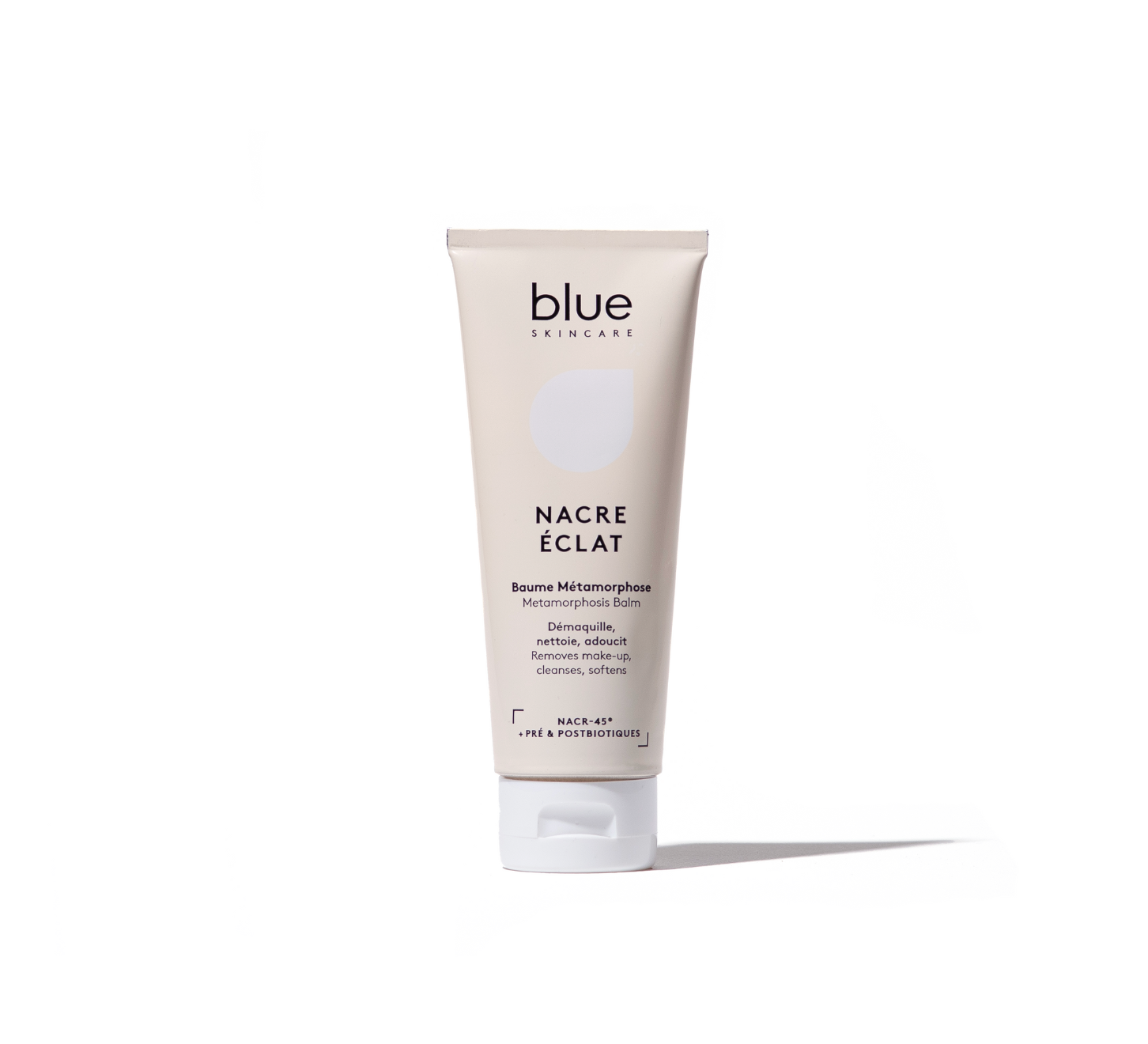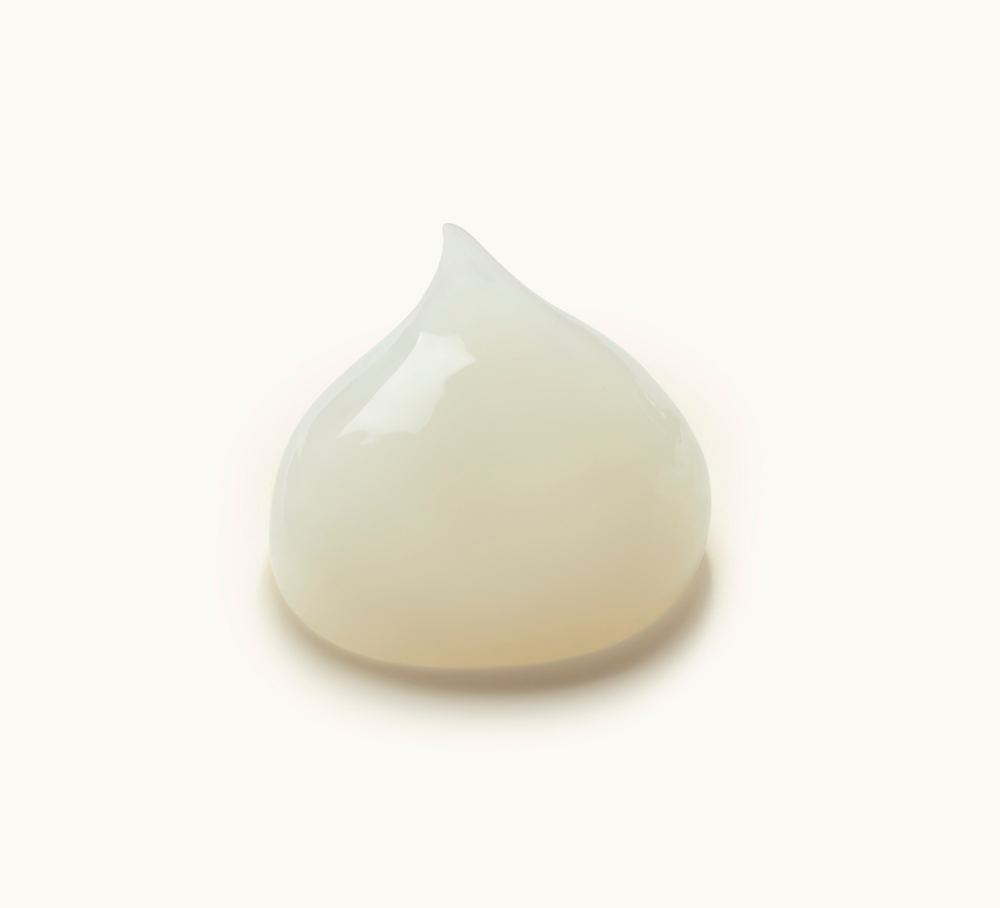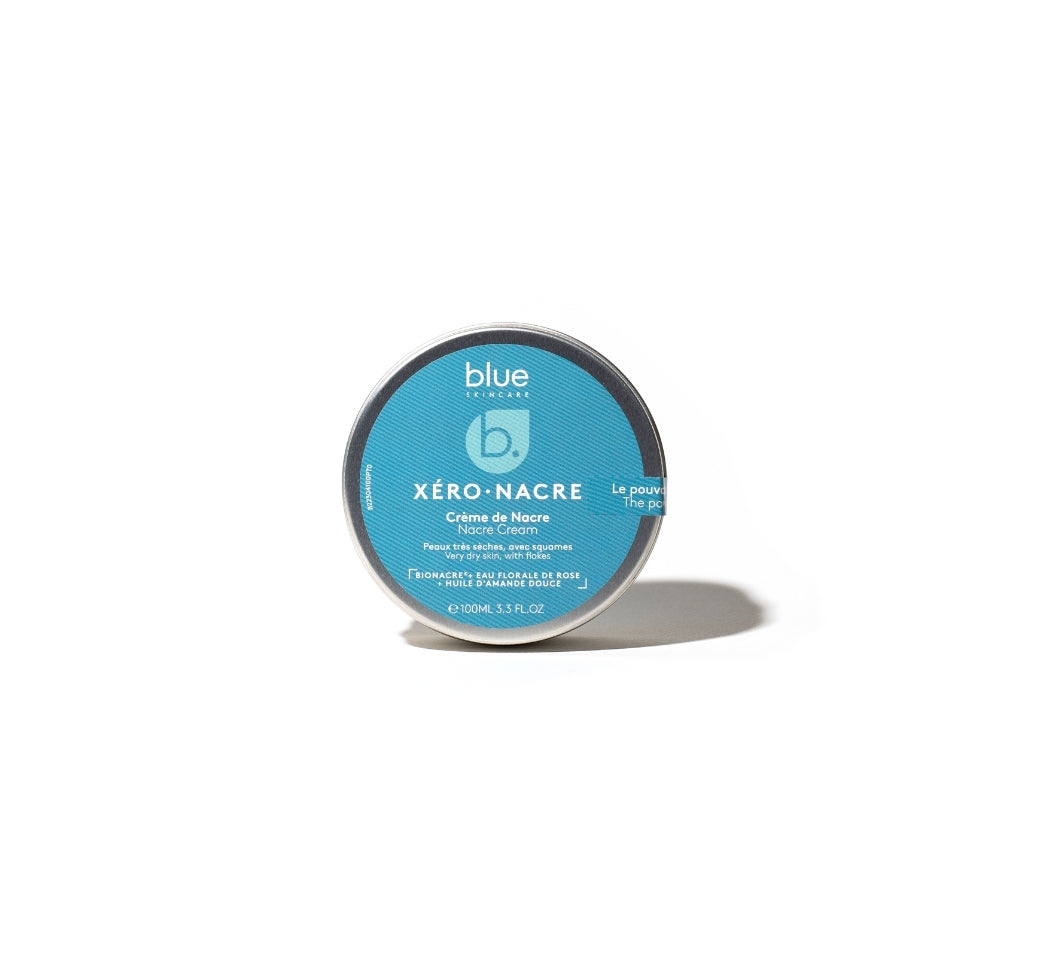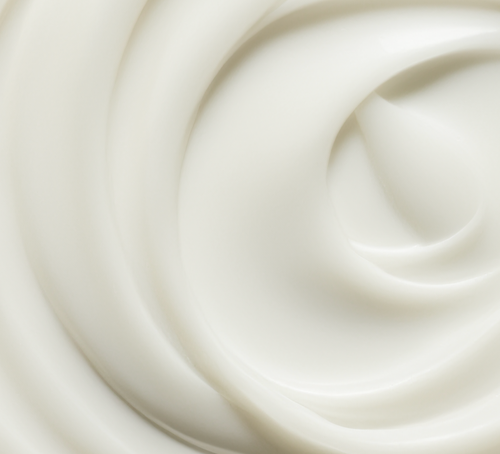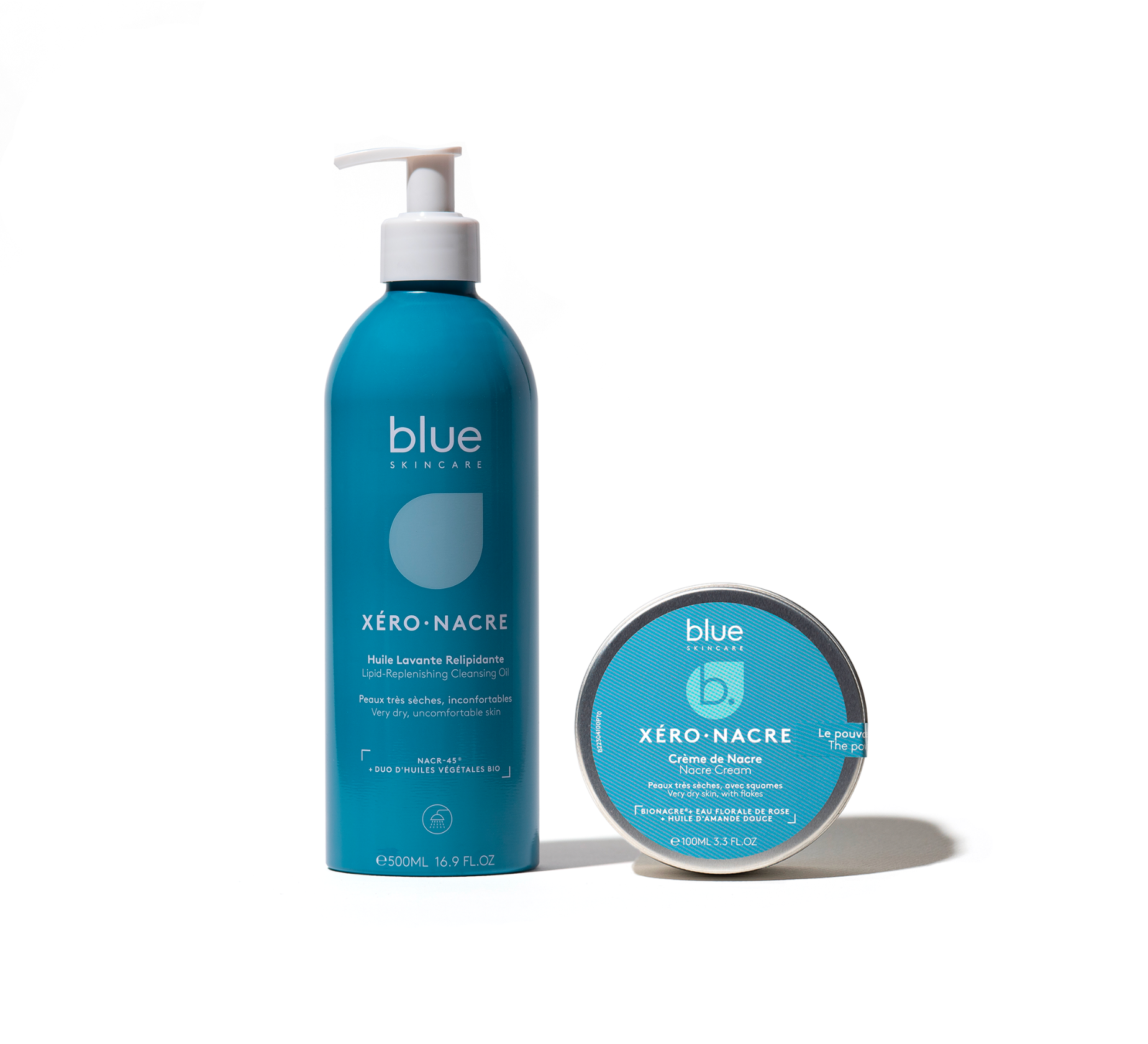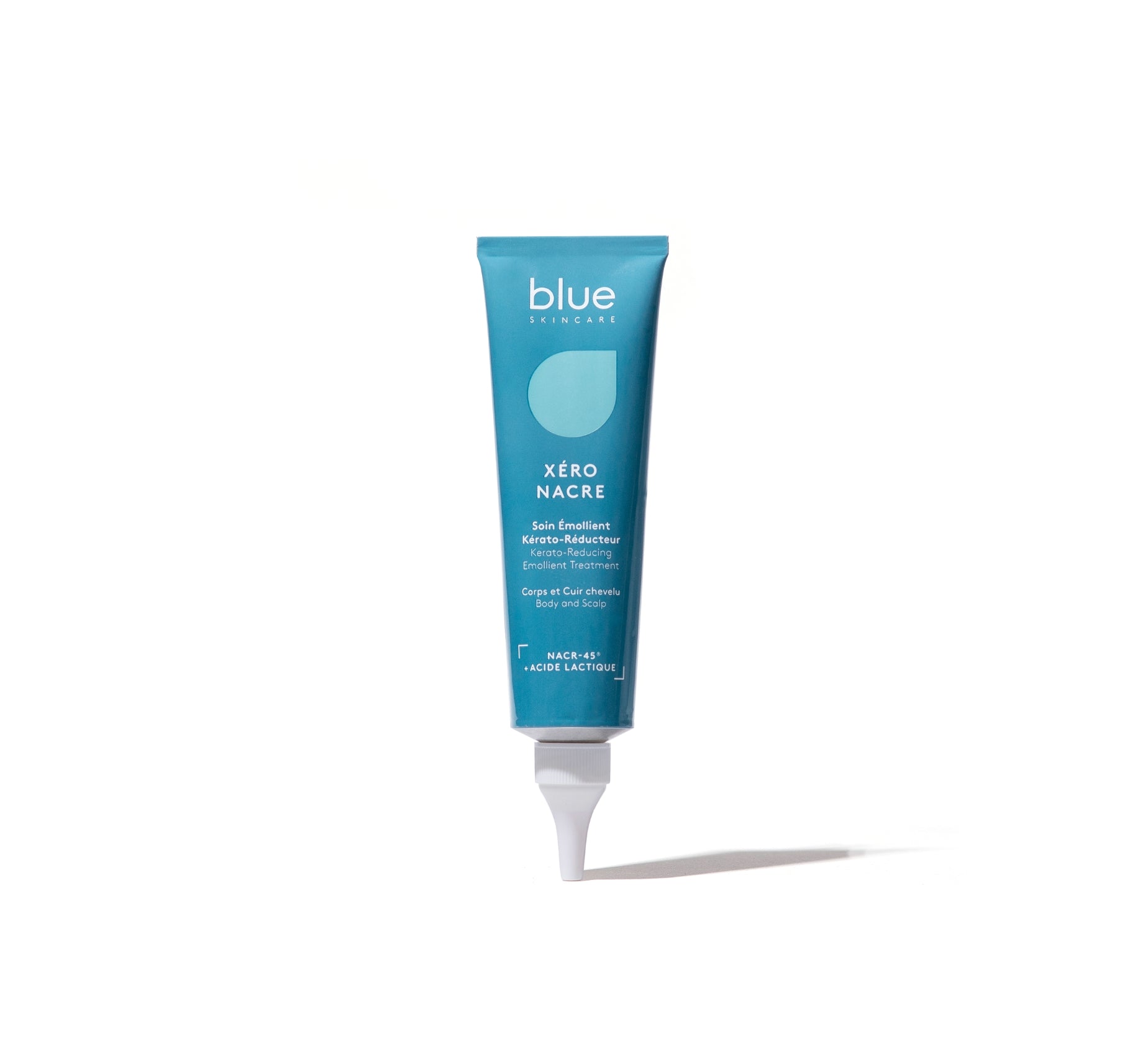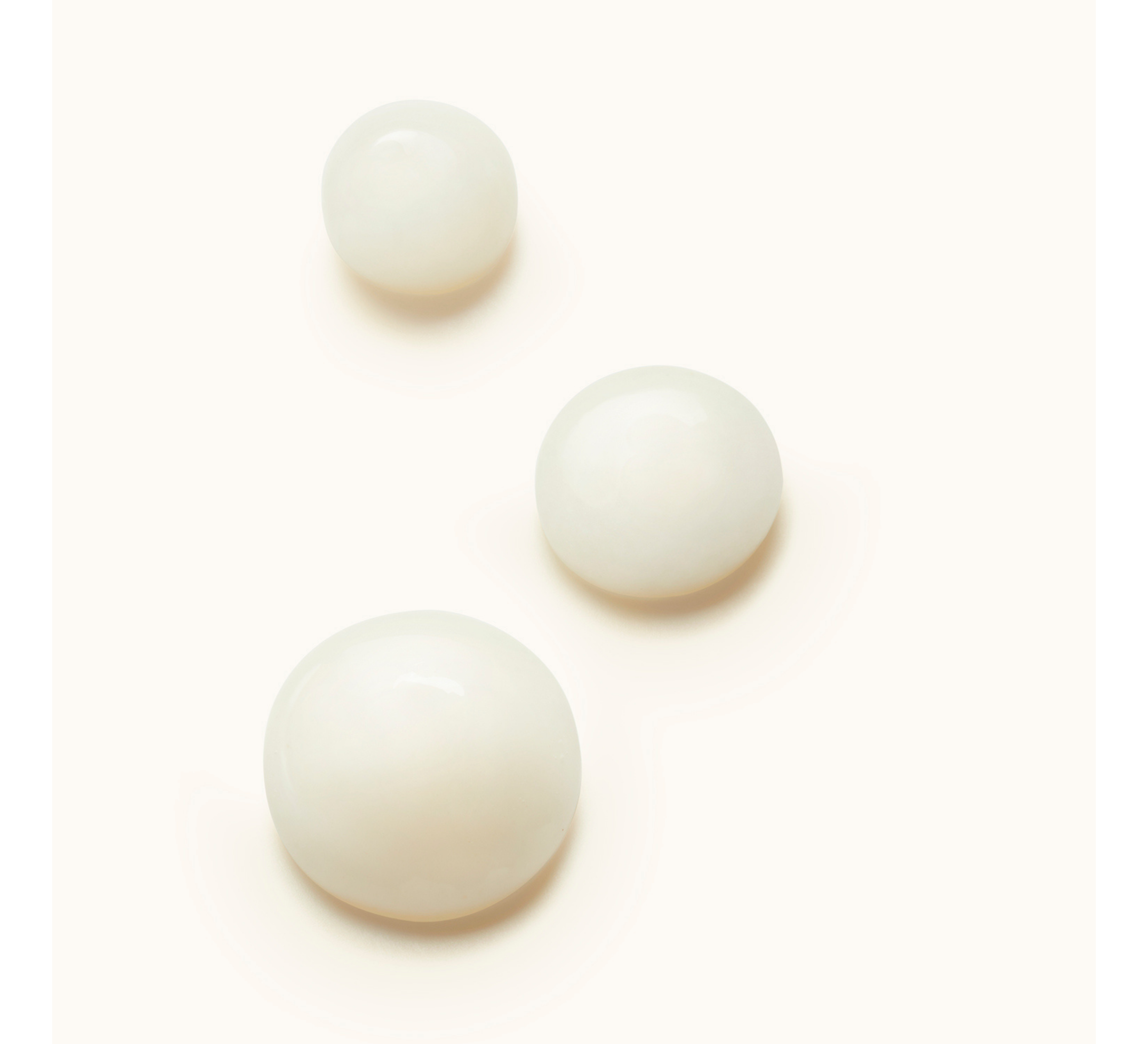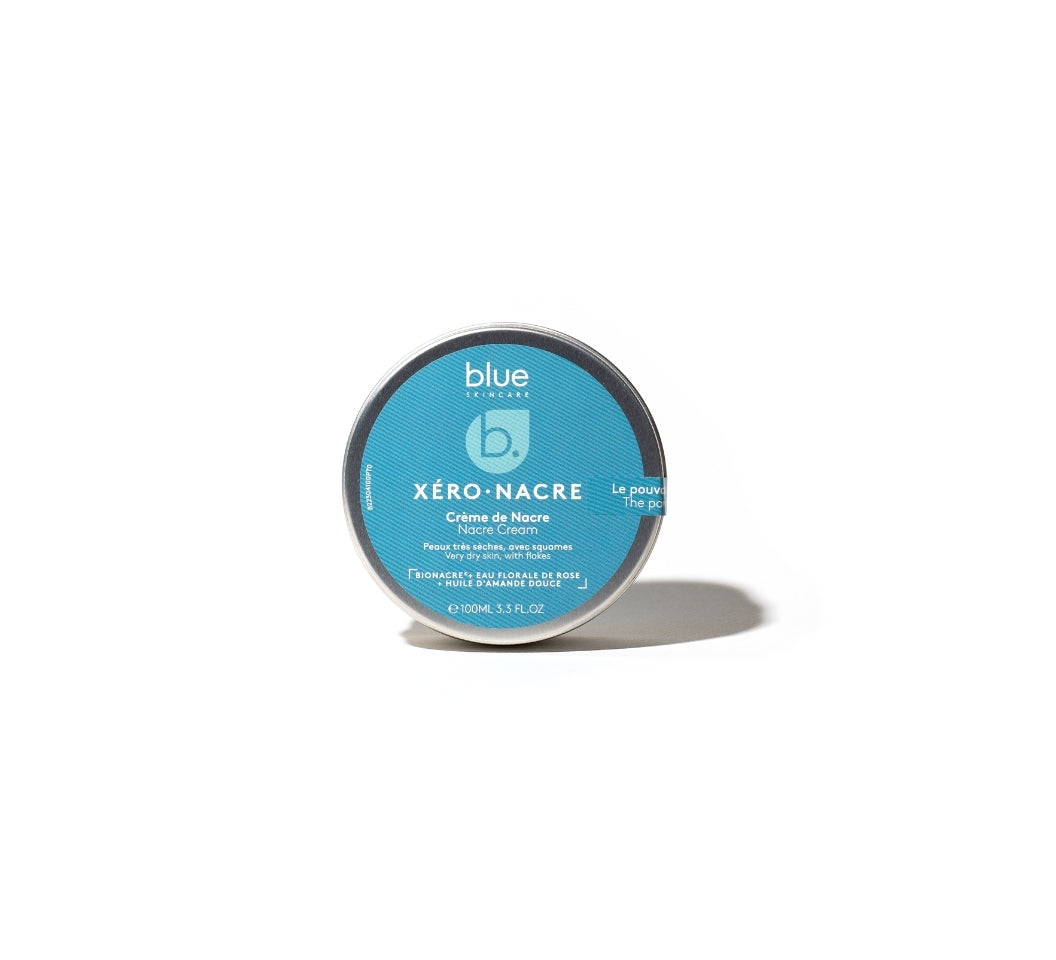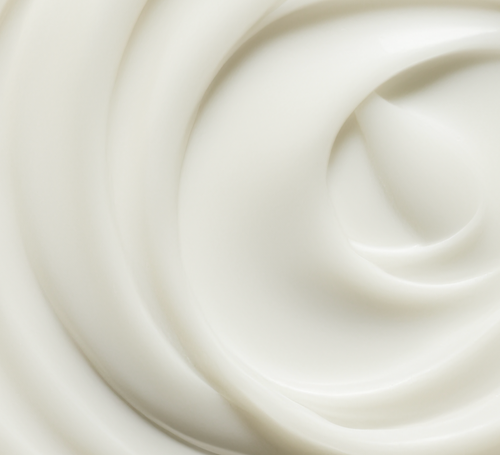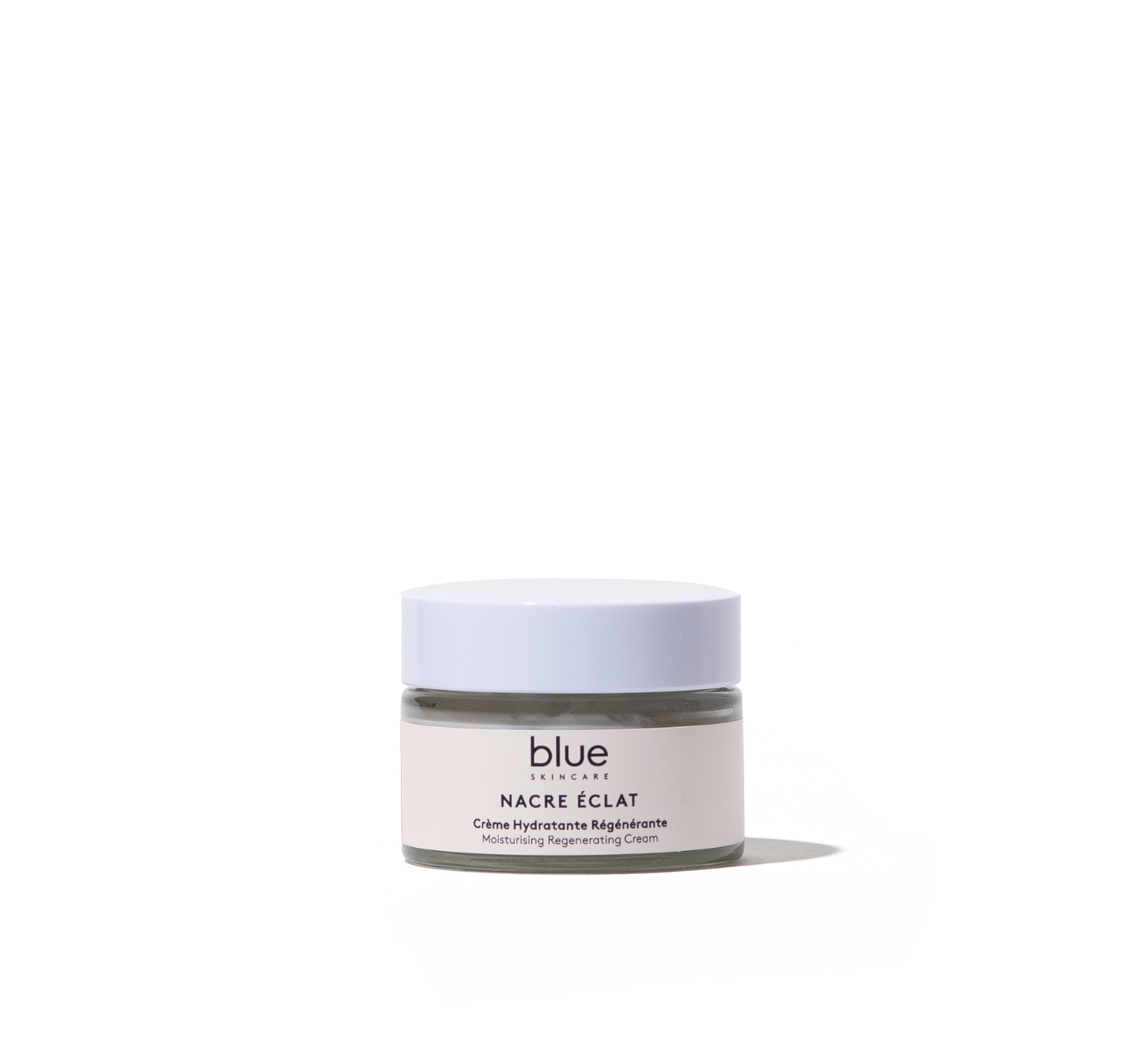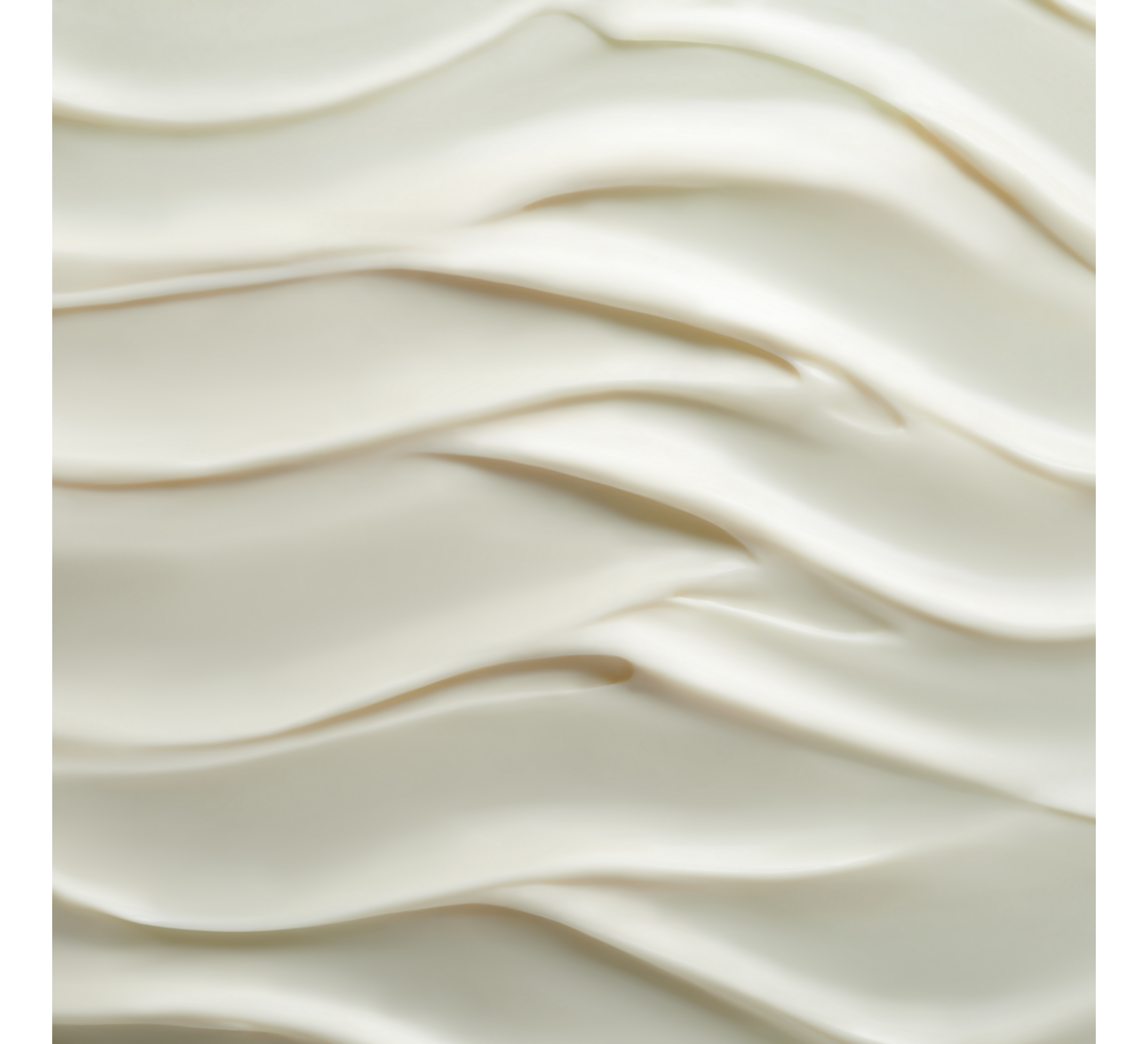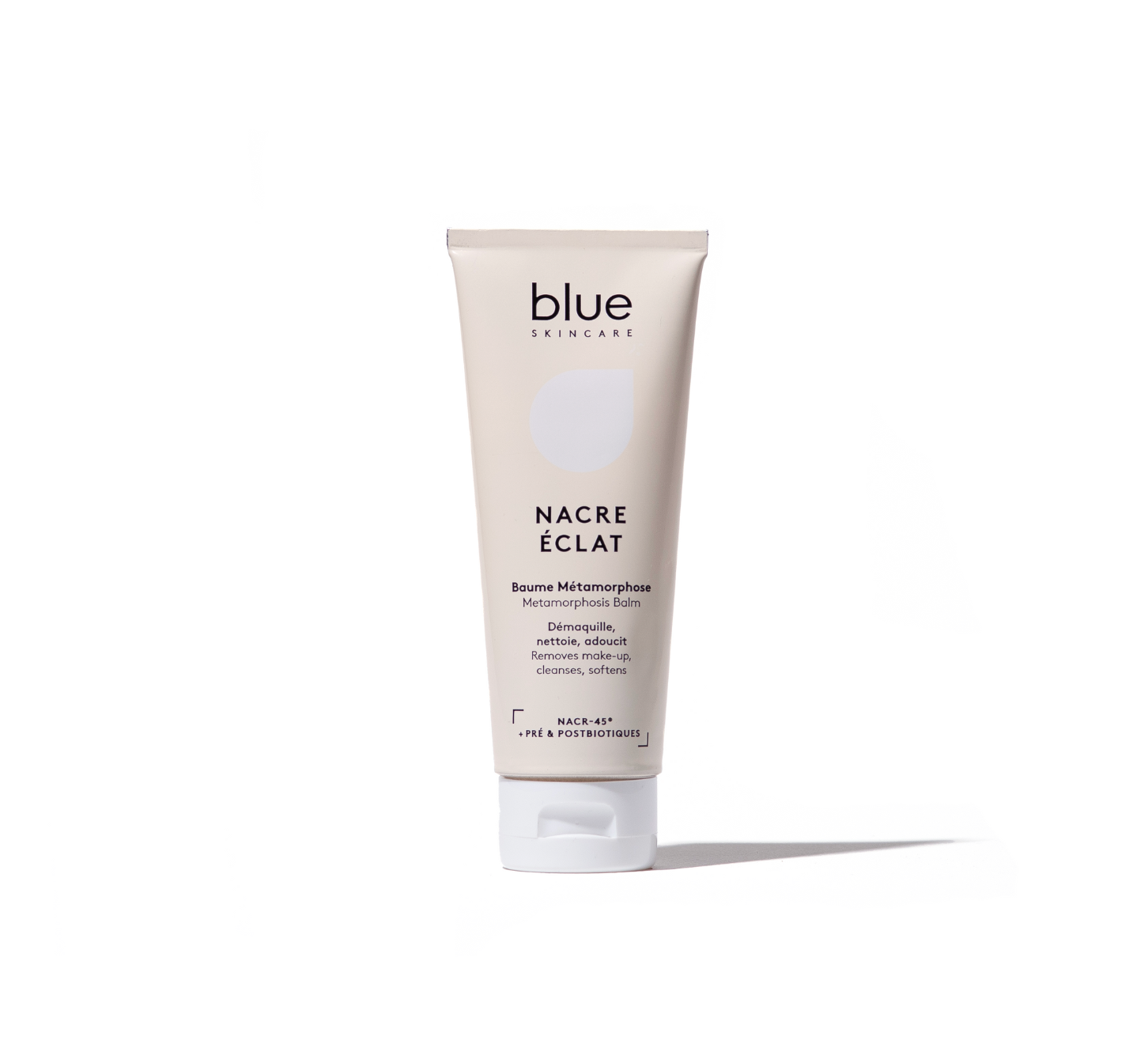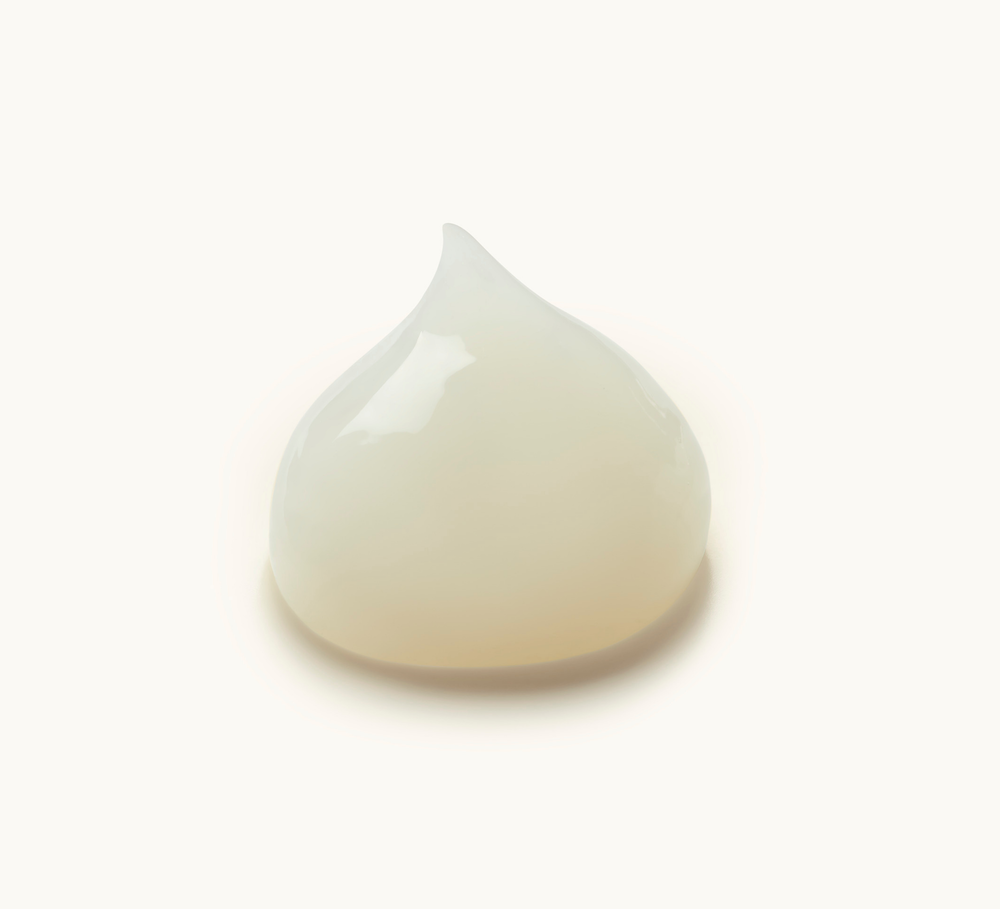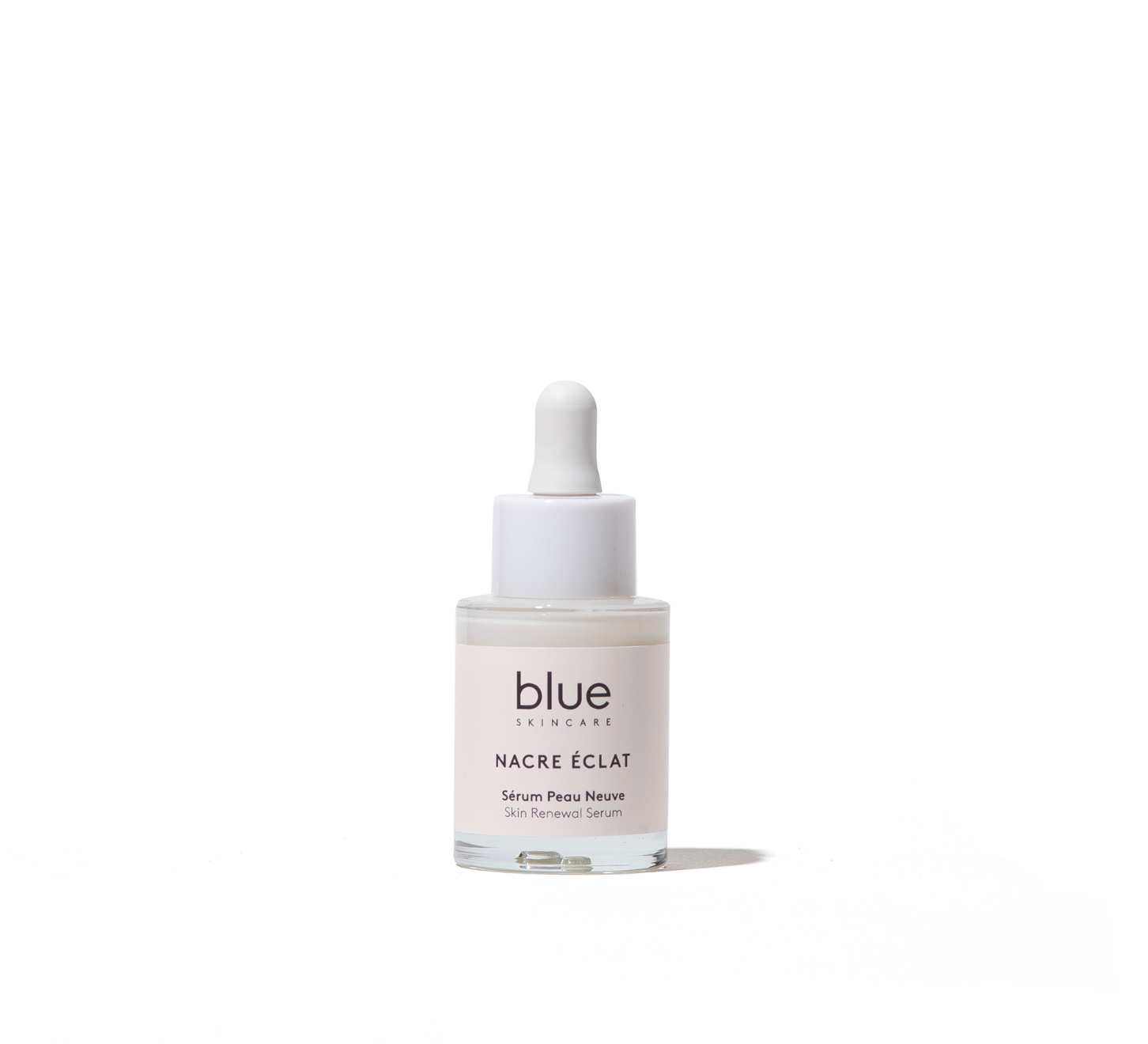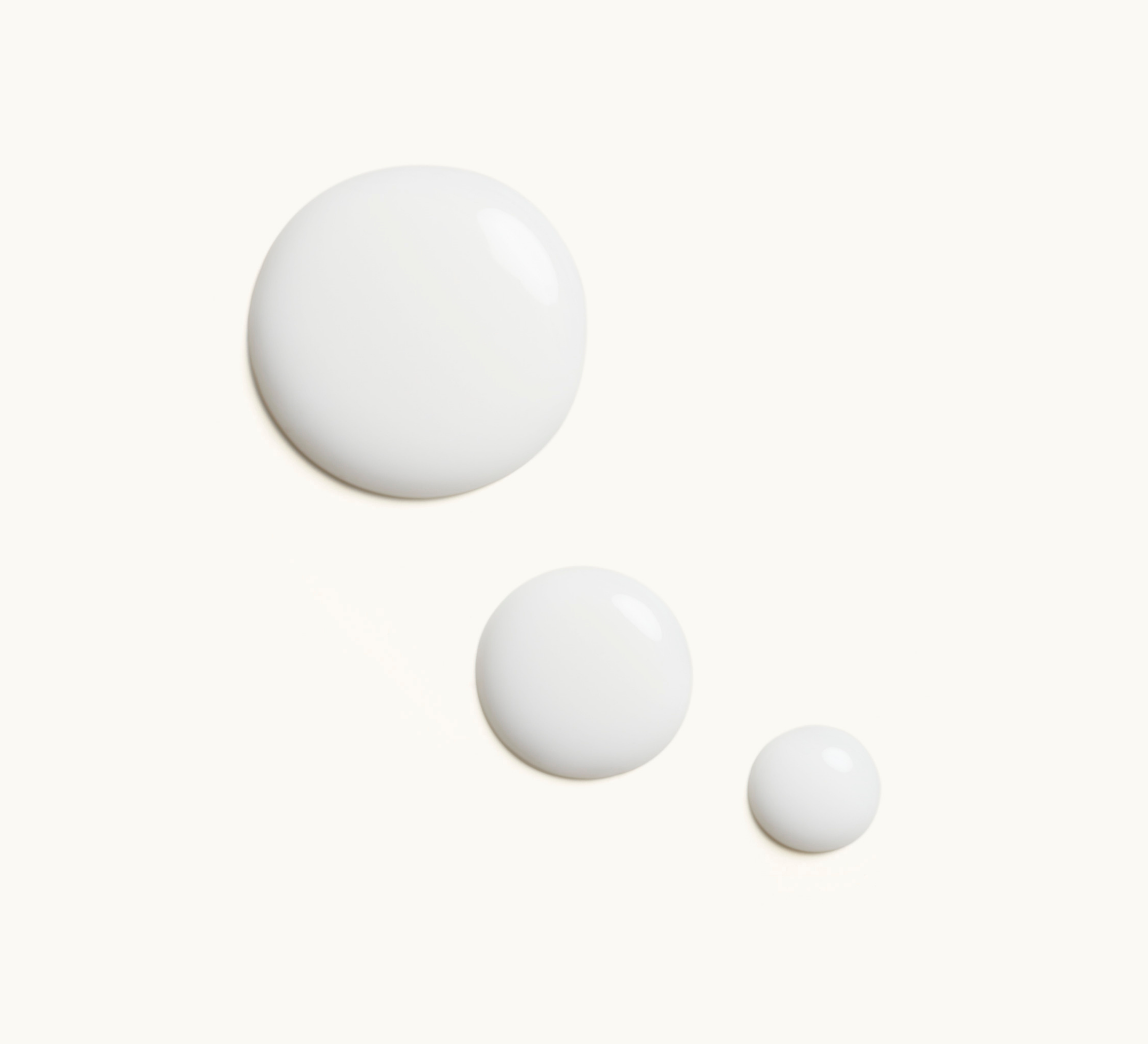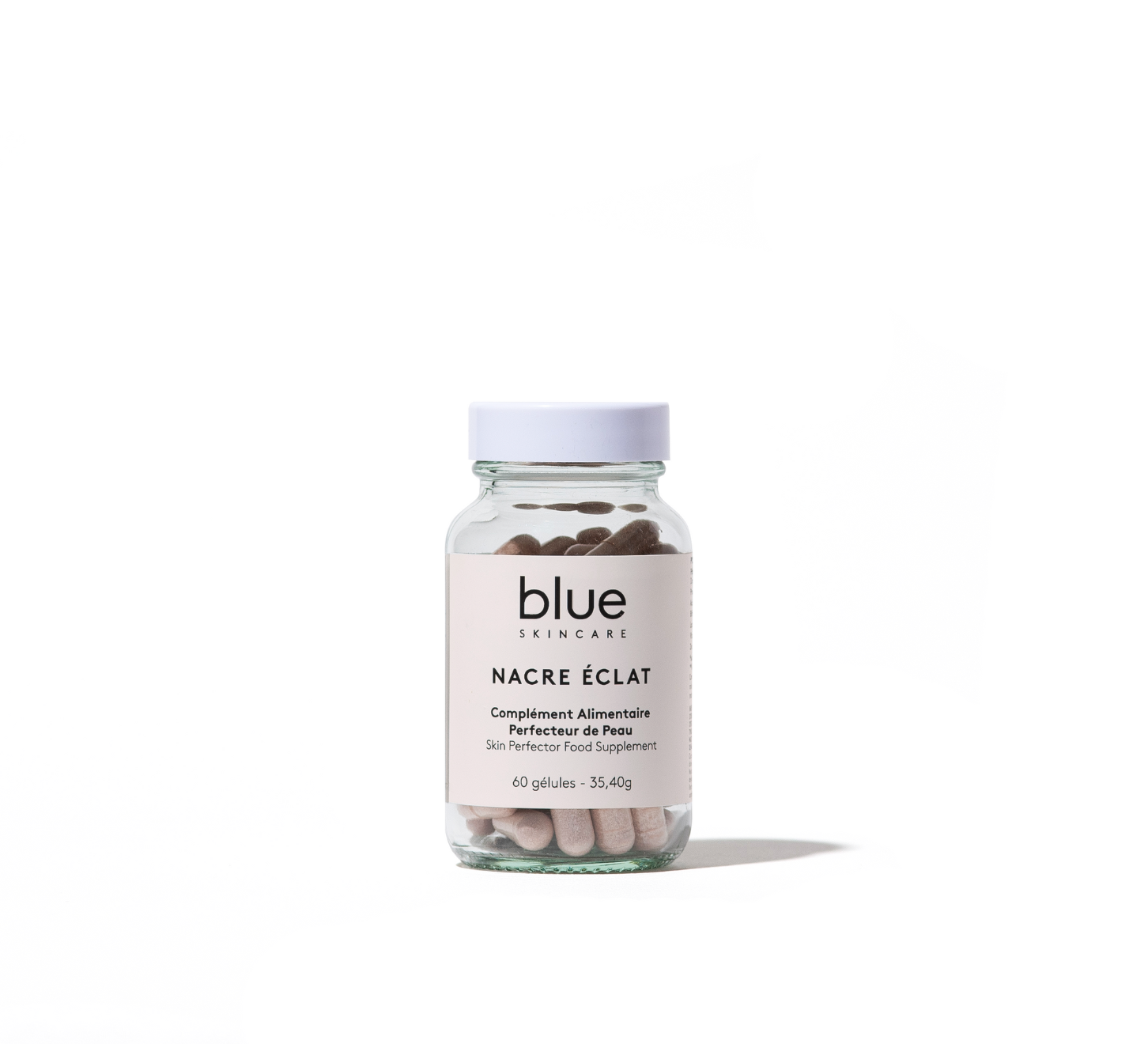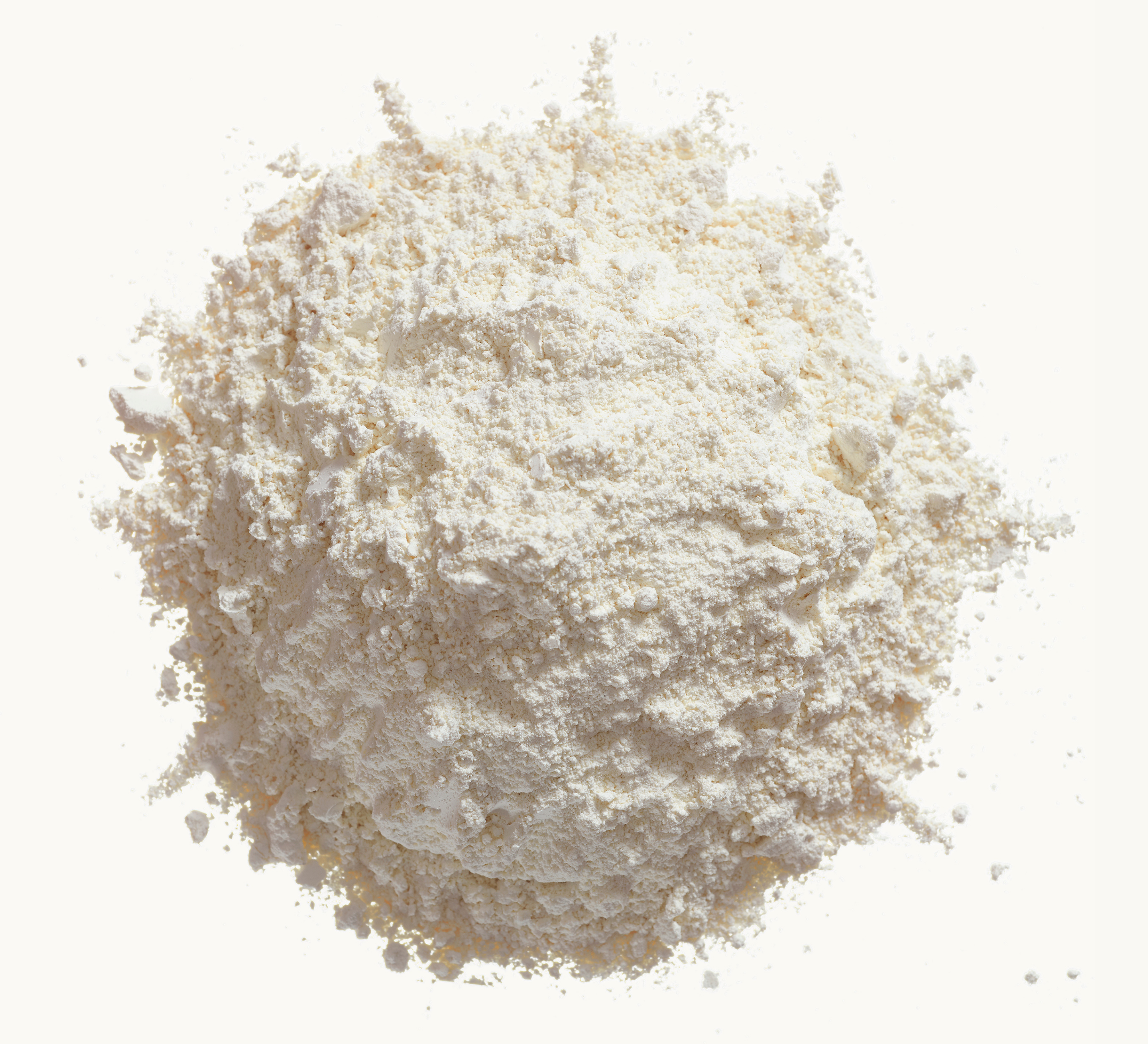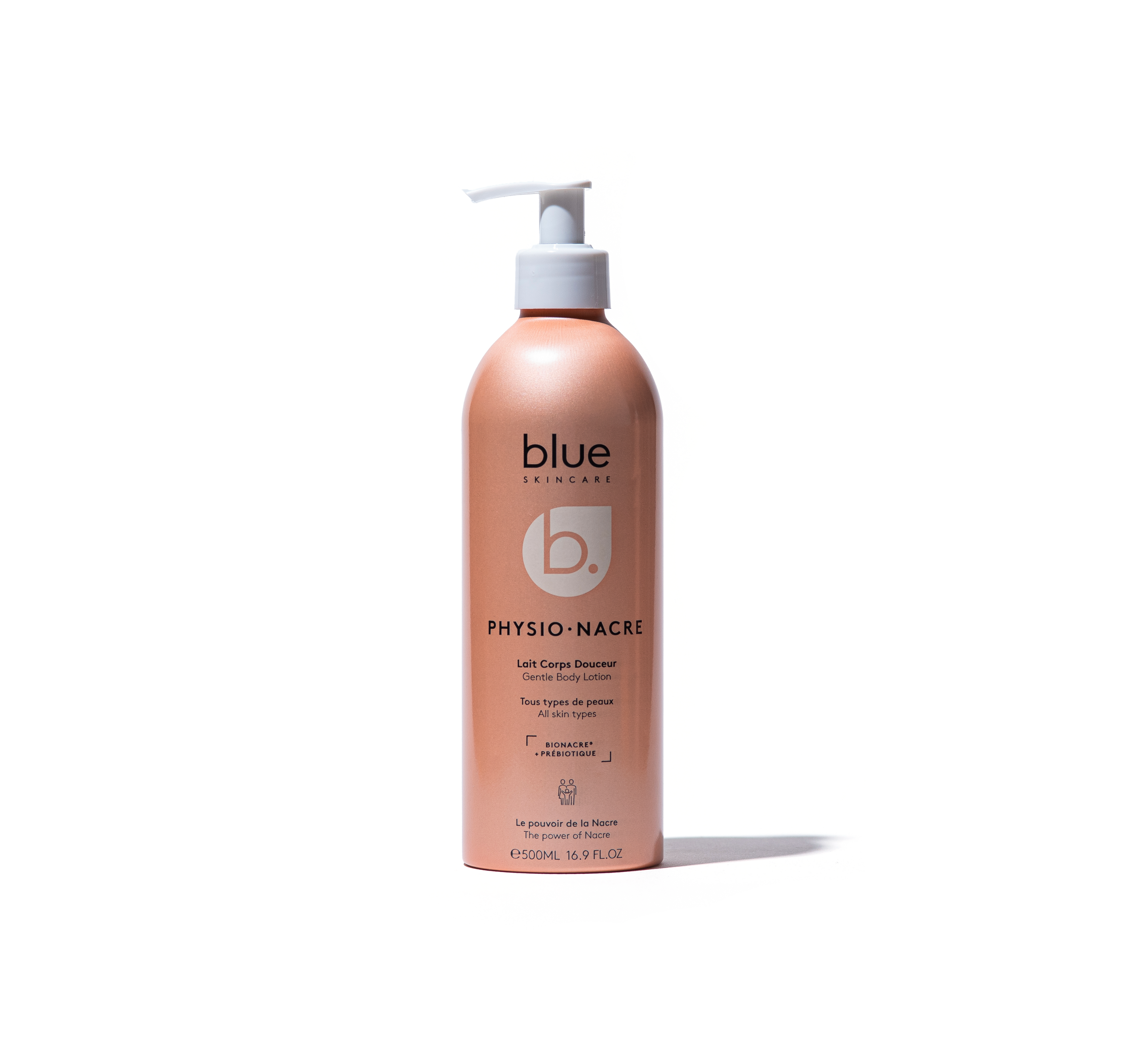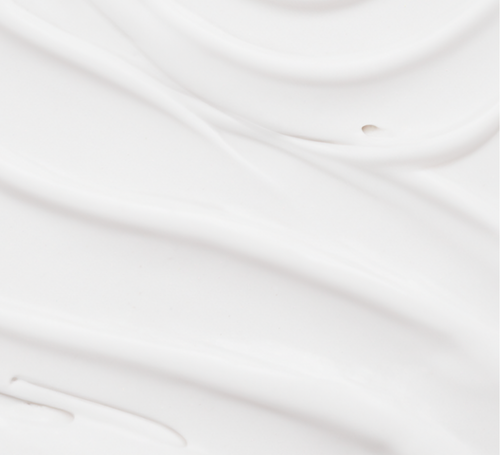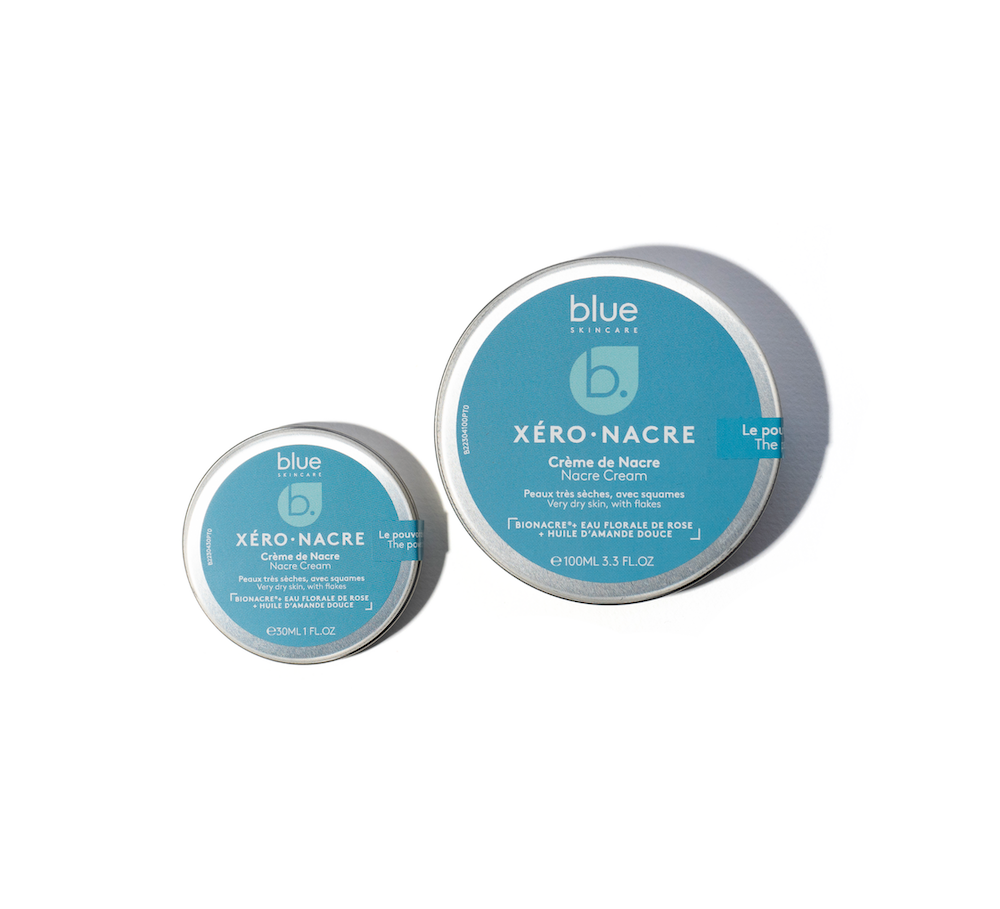Originating from India, "tea" ("chay" in Persian), is a precious drink full of resources for the body especially when it is combined with spices, sugar and hot milk. Decoding chaî latte, a drink full of energy that is not limited to a fad.
In India, this comforting drink is offered on every street corner. Hotels, small shops, street vendors offer it under the simple name of "chai" and the locals sip it all day long, a bit like Americans with long coffee. In France, the chai latte is at the top of the list ofheathy drinks . If the chai latte owes its first name "chai" to black tea, it is to its mixture of spices (star anise or badiane, cinnamon, cardamom, cloves, ginger, pepper) called "masala", which also gives it its second name "masala chai" more commonly called chai latte in France.
The Hidden Treasures of Chai Latte





Chai latte transports us into the world of Ayurvedic medicine. Like gingerbread or mulled wine, this recipe makes spices its star active ingredients . And for good reason, they all have countless energizing, antiviral and restorative properties. Combined with theine, the "caffeine" in tea, they make it an incredible stimulant.
- Star anise has digestive, analgesic and anti-inflammatory properties. It reduces bloating and all kinds of gastric disorders. A super intestinal antiseptic, it is the SOS remedy in case of indigestion or food poisoning. Antiviral, it alleviates the symptoms of flu and other viruses, seasonal or not... A little cough? Inhale a decoction of star anise (or three drops of anise essential oil added to hot water). Not only will it soothe the cough but also allows you to breathe more easily. Relaxing and anti-stress, star anise is found in "calm night" herbal teas in combination with hawthorn or valerian. Even if... it is diuretic and may wake you up at night! A rich source of antioxidants, invigorating, star anise is an effective remedy during periods of convalescence or great fatigue.
- Cinnamon is known to be an excellent appetite suppressant due to its high amount of fiber, vitamins and minerals (manganese, calcium, iron) which have a beneficial effect on the immune system, the good health of teeth, bones and nails. In the antioxidant department, it is a champion in cell protection and the prevention of the onset of cardiovascular diseases. Super anti-inflammatory and analgesic, it also soothes chronic pain. Luckily, it does not like cholesterol too much, which it eliminates especially when it is bad (from 3 grams of cinnamon per day) and balances blood sugar. And for good reason, it increases the sensitivity of the metabolism to insulin. Would you like another small stick?
- Cardamom is THE all-category champion when it comes to good digestive health. Its best friend? The intestinal flora that it particularly pampers by protecting it against bad bacteria and mycoses. Traditionally used in Ayurvedic medicine for dental ailments, it also gives proud and fresh breath! More seriously, its cocktail of minerals (calcium, magnesium, potassium, calcium) protects the heart. In Ayurveda, it is recommended to treat all respiratory disorders (asthma, bronchitis, pneumopathy, pneumonia, etc.).
- Clove , a favorite of dentists and natural medicine practitioners, is not only rich in vitamins (B9, C, E, A and almost all of group B) and trace elements (calcium, manganese, potassium, iodine, phosphorus, iron, zinc) but it also has anti-pain and anti-nausea properties. You will find it in toothpastes and mouthwashes because it immediately relieves dental and gum pain, even when it is throbbing and throbbing.
- Ginger is also a big name in anti-inflammation (osteoarthritis, rheumatism, joint pain, etc.). It is consumed daily by all those who know its multiple properties (it is digestive, antibacterial and antiviral, anti-cholesterol, pro-health!). Combined with lemon, it is a serious ally for healthy winters. It is rumored to be an aphrodisiac because it stimulates blood circulation.
In India and in Ayurvedic medicine in particular, it is said that the virtuous combination of milk and spices guarantees the balance of our “dosha” (the three energies which animate body and mind).
The spicy recipe!
• 1 large mug of water
• 2 tablespoons of plain black tea
• 1 clove
• 1 cinnamon stick or 1/2 teaspoon ground cinnamon
• 1 star anise
• 5 cardamom pods
• 1 teaspoon of powdered ginger or a slice of fresh ginger
• 175 ml of milk
• 1 dash of maple syrup or more according to your taste
1 – Bring the spices and water to a gentle boil. Keep a pinch of cinnamon.
2 – Stop and cover, let infuse for 5 minutes.
3 – Boil a second time.
4 – Heat the milk sweetened with maple syrup and stop as soon as it boils.
5 – Mix or emulsify with a mixer to create foam.
6 – Pour the frothy milk over the spiced tea, sprinkle with the remaining cinnamon and enjoy!
Thanks to Marielle Alix , holistic coach and naturopath, for her advice.
